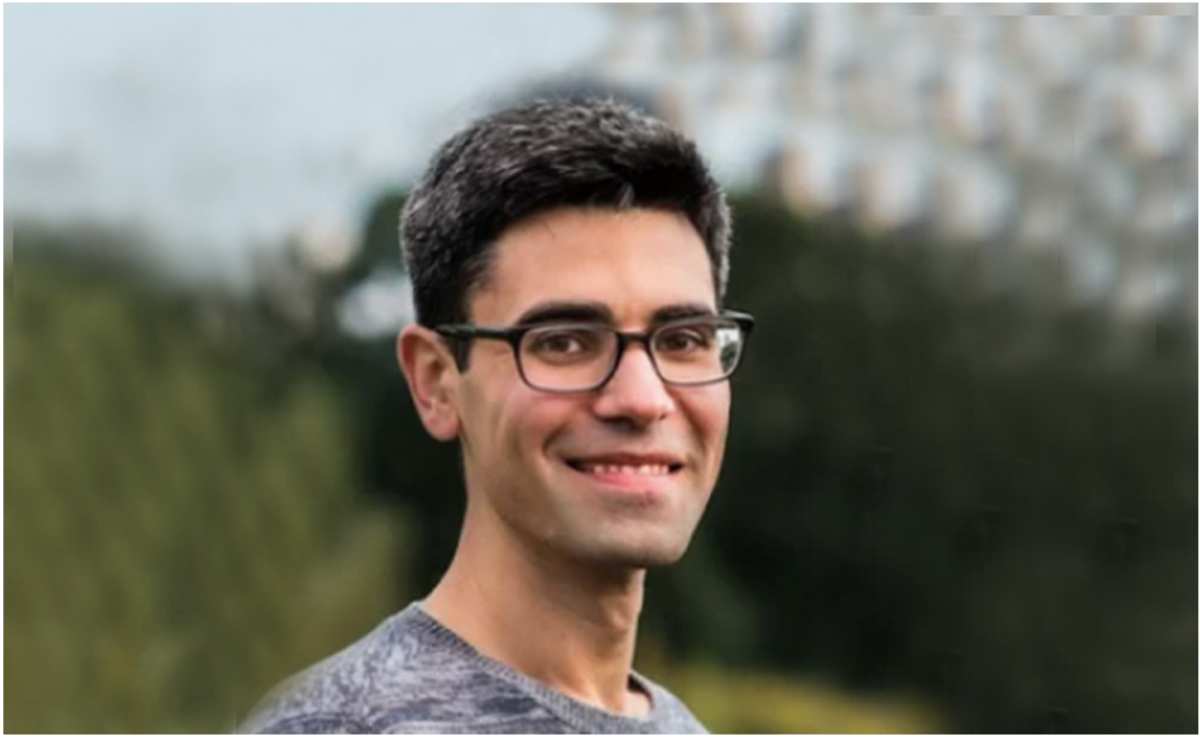Longevity Market Watch

In this weekly update, Longevity.Technology Editor-in-Chief Phil Newman keeps us up to date with all the latest developments in longevity.
We saw progression for longevity drugs on their journey to market this week, as well as news about personalised medicine and devices to support independent living. Oh, and scroll down for pigs!
A faster track for drug approvals and biotech commercialisation?
Biogen moved closer to FDA approval for its Alzheimer’s drug aducanumab after the FDA commented that evidence that the experimental drug is effective was “exceptionally persuasive”. Aducanumab is the first drug to actually slow the decline of Alzheimer’s disease, rather than just ameliorate its devastating symptoms (although Biogen had originally killed it after disappointing trial results).
Despite the FDA’s enthusiasm, an independent panel of experts was lukewarm. Despite agreeing that the evidence that aducanumab is able to remove amyloid plaques is strong, they were unsure whether plaque clearance itself arrests cognitive decline. Out of the 11-person strong panel, no-one considered the evidence sufficient to warrant approval, but how the FDA will actually proceed is still undecided.
Longevity-specific therapies coming through the clinical pipeline will experience similar challenges. As Juvenescence CEO, Greg Bailey told us: “Biotech is a game of odds; try ten products, be right on two, and you’ve done brilliantly well.”
Either way, shares of Biogen and its partner Eisai Co Ltd both jumped 40%. Drugs are big news, market-wise: global stock markets surged after Pfizer announced promising news about the effectiveness of its coronavirus vaccine, with the Dow closing up 2.9%, or 835 points, and the UK FTSE up by 4.7% or 276 points, its biggest one-day gain since March.
So with two COVID-19 vaccines fast-tracked the ‘art of the possible’ is there for everyone to see: will we see an acceleration in drug approvals?
Crowd-funding human longevity trials: a new approach?
Human trials can take years and cost millions of dollars, but is there an easier way to get relevant data on new drugs? AgelessRx, a drug and supplement retailer in the US certainly thinks so. We spoke to CEO and Co-founder Anar Isman about AgelessRx’s new human trial of rapamycin, which is being funded by grants, enrolment charges and crowd-funding.
Rapamycin, is a an existing drug that’s used to prevent organ transplant rejection – it is also thought to have the ability to extend lifespan.

The proposed trial has gained Institutional Review Board (IRB) approval and will be run in affiliation with the University of California, with Dr James Watson at UCLA as the principal investigator. If the results are encouraging – and there should be some data released next summer Isman said – rapamycin could have made another step along its journey to the longevity market.
This could also pave the way for more crowd-funded trials and further democratisation of the drug progress.
The diabetic drug metformin has long been touted as the drug most likely to slow ageing, but rapamycin is fast coming up on the outside. A Barshop Institute for Longevity and Aging Studies study at the University of Texas confirmed recently the Longevity-promoting effects of rapamycin regimens, paving the way for large-cohort controlled studies that are expected to provide clinical evidence of rapamycin’s ability to extend life.
UK Government gets behind early-stage AgeTech
Start-up Sentai has received financial backing from the UK Government as it brings its portable smart device closer to the market. The device, which uses AI and Augmented Voice Technology to monitor and support older people, employs machine-learning capabilities to provide a contextual experience for users.

Phil Marshman, Sentai’s CEO and founder, said: “We’re delighted to see the Government backing us under the Sustainable Innovation Fund, as it serves to underline how much our product is needed. With winter fast approaching and another national lockdown underway, loneliness is only set to rise further, and we want to be able to ensure our loved ones are monitored and supported when we can’t physically be with them.”
Sentai are one to watch but they will be taking on the might of Amazon with its Echo/Alexa systems. Either way, UK Government backing for AgeTech is good news.
Longevity for the well-healed
Personalised medicine – helping people to support their own personalised Longevity journey – is a big growth area for clinics as they roll out personalised Longevity medicine programmes.
This week we spoke to Dr David Karow about how his company Health Nucleus is putting the data amassed by Human Longevity Inc (a San Diego-based venture whose goal is to build the world’s most comprehensive database on human genotypes and phenotypes) into clinical practice.

What started out as a genomic sequencing company pivoted to become a precision medicine clinic in San Diego and from the initial data from the first 200 clients three years ago, Health Nucleus has now seen more than 5,000: each gets a full-body MRI scan.
“What we’ve done over the last year is to really focus the company on one thing, and one thing only, and that’s the Health Nucleus precision medicine platform … The old way of doing things – sick care, treating symptoms – is going to break the bank for one, and it’s not achieving the outcomes that we want,” says Karow.
Looking to the future, Karow expects that there will be Health Nucleus clinics in 10 cities across Asia and the United States. Through expansion, he hopes, the approach will ultimately become more accessible to people around the world.
3, 2, 1 … science!
We also looked at eGenesis this week, who are making real progress in the field of xenotransplantation (the transplantation of living cells, tissues or organs from one species to another). There is a dire shortage of transplantable organs, so medicine is rightly looking at ways to increase supply.
From bioprinting to biotechnology, many avenues are being explored, but few make the headlines like xenotransplantation. Touted as a cure-all a decade ago, the furore died down as labs battled with molecular incompatibilities and virologic concerns, as well as the public opprobrium that came with harvesting heart valves from pigs and popping them into people.

However, the biotech company eGenesis announced a research collaboration with Duke University School of Medicine to develop gene-edited pancreatic islet cells from non-human primates that can address type 1 diabetes in humans.
Gene-editing technology such as CRISPR has allowed significant progress to be made in this area as well as replacement organs, this partnership could expand the applicability of xenotransplantation into other areas such as cell therapy.
Better education has helped the public to realise that xeno is less about the sci-fi, and more about making significant impact on both the devastatingly long lists of people waiting for a transplant and research in the lab that can benefit from having exact tissue matches available.
Comments (0)